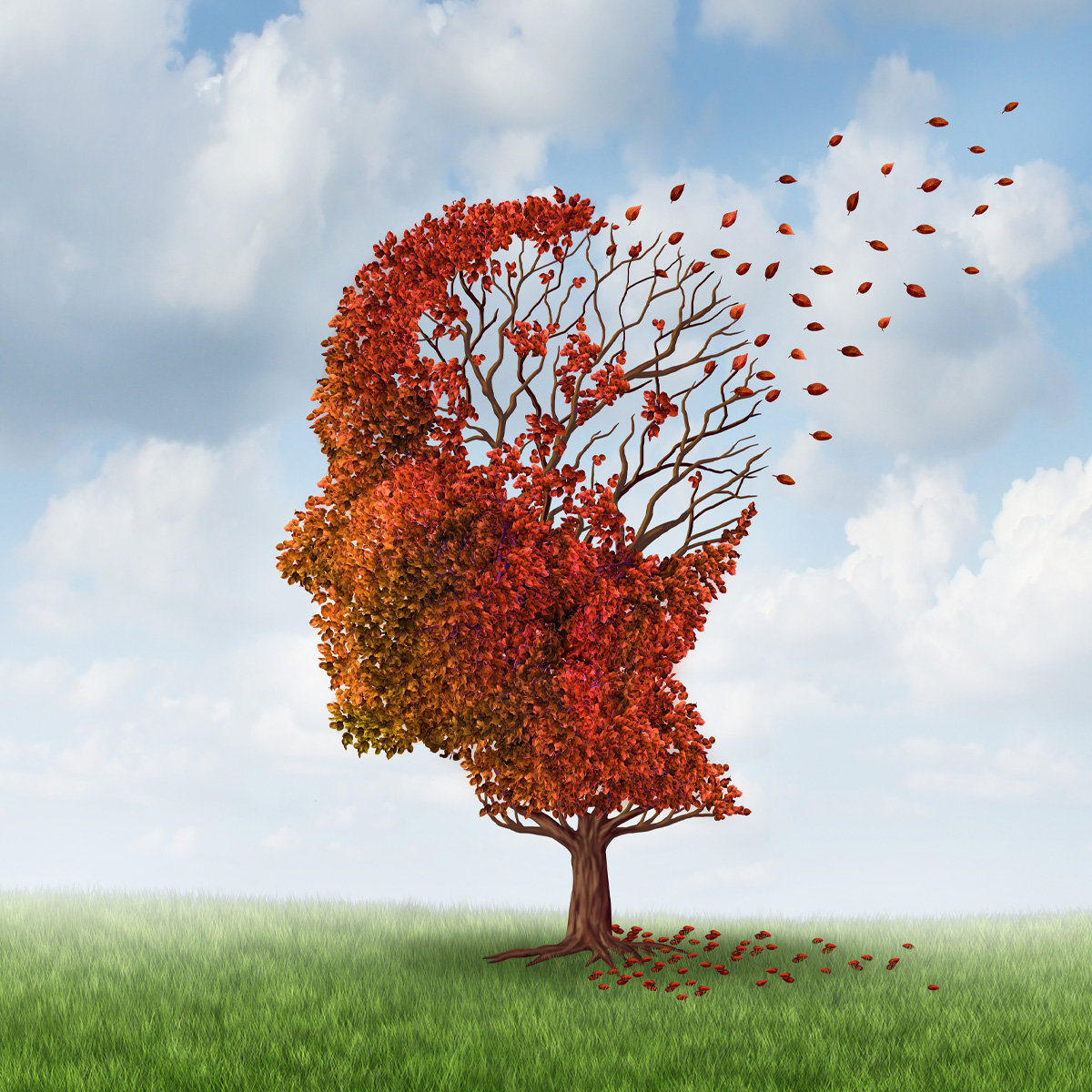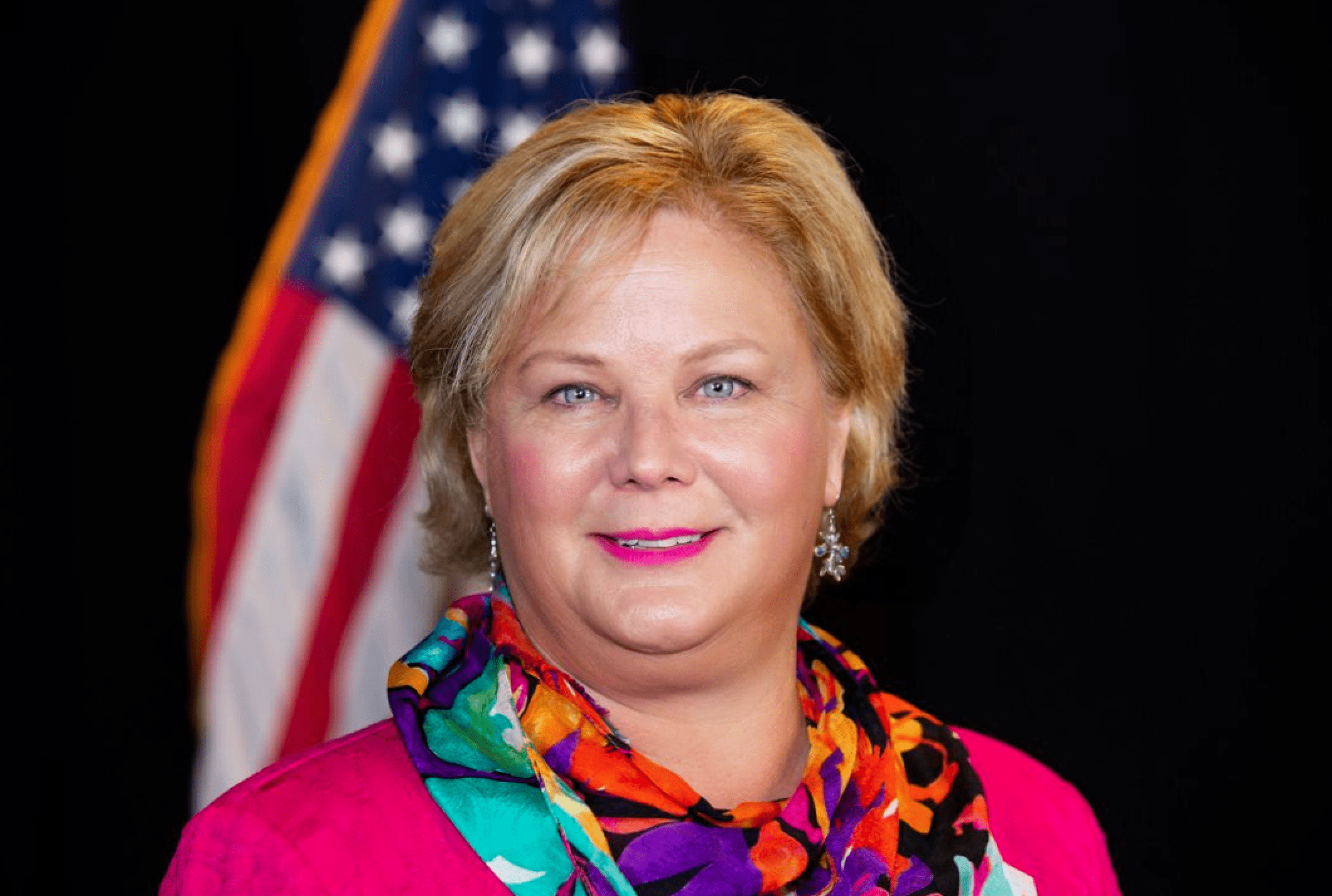
The Brain Drain We Fear
Our abilities change over time. I mean, since birth as our brains grew we acquired new skills. I will admit I am addicted to social media videos of babies. Here is the one capturing my heart right now.
These snippets are humorous in the early years and scary decades later. Brain growth and changes are so mysterious, and in our golden years can be downright scary.
Me?
Speaking for all humanity, which may not be appropriate but here I go, changes in our abilities and interest in later life are frightening. Most of us first look at the aging of our parents and siblings for hints as to what future conditions and diseases maybe lurking in our brains and genes. Secondly we look at our own medical history and then the community for environmental and social changes that may increase our personal risk of losing brain function. There are no tarot card readers that understand the human brain as well as the scientist at the National Institutes of Health and the Alzheimer’s Association.
Understanding Mild Cognitive Impairment
Mild cognitive impairment serves as a precursor to more severe forms of dementia and Alzheimer’s disease. As individuals age, cognitive functions may experience subtle changes, affecting memory, language, and spatial perception. The Alzheimer’s Association defines MCI as a stage where individuals exhibit early signs of cognitive decline while still maintaining independence in performing most daily activities. Here are the common signs to watch for according to the Alzheimer’s Association:
- Forget things more often.
- Missed appointments or social events.
- Losing a train of thought or declining ability to follow the plot of a book or movie.
- Difficulty following a conversation.
- Decline in decision making abilities such as finishing a task or following instructions.
- Trouble finding your way around familiar places without using a GPS app.
- Signs of poor judgment.
- Lastly, family and friends notice any of these changes.
Medical Evaluation to Diagnose Mild Cognitive Impairment
According to the Alzheimer’s Association, a medical work up should include:
A medical workup for MCI includes the following core elements:
- Thorough medical history, where the physician documents current symptoms, previous illnesses and medical conditions, and any family history of significant memory problems or dementia.
- Assessment of independent function and daily activities, which focuses on any changes from a person’s usual level of function.
- Input from a family member or trusted friend to provide additional perspective on how function may have changed.
- Assessment of mental status using brief tests designed to evaluate memory, planning, judgment, ability to understand visual information and other key thinking skills.
- In-office neurological examination to assess the function of nerves and reflexes, movement, coordination, balance, and senses.
- Evaluation of mood to detect depression; symptoms may include problems with memory or feeling “foggy.” Depression is widespread and may be especially common in older adults.
- Laboratory tests including blood tests and imaging of the brain’s structure.
Credit for Caring Check-Ups
Cognitive impairment, while a natural part of aging, necessitates thoughtful consideration of its impact on daily living activities. As millions of Americans live with mild cognitive impairment, it becomes imperative to address their evolving needs to support independence and autonomy. Credit for Caring provides a range of tools for dressing, bathing, toileting, and eating, addressing the specific needs associated with each ADL. These practical aids contribute to the overall well-being of individuals living with cognitive impairments. As we navigate the complexities of cognitive impairment, the integration of practical tools and supportive resources ensures that individuals can maintain a sense of dignity, purpose, and independence in their daily lives.
Get Engaged Participate in Research to Find a Cure
This is the brain drain we fear. We can overcome this fear with action. I encourage you to participate in local NIH funded clinical trials. Together we can find a cure.




